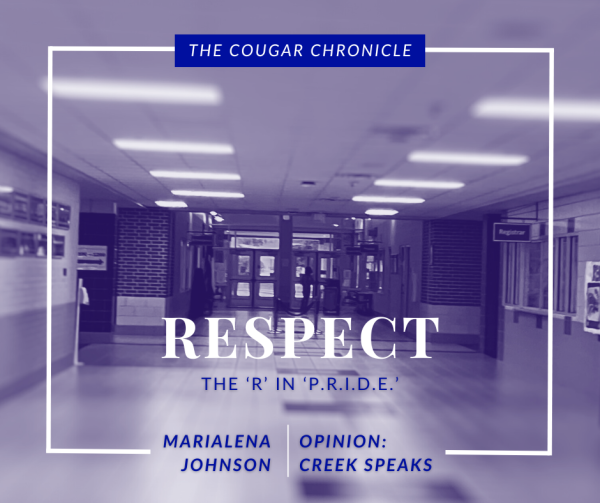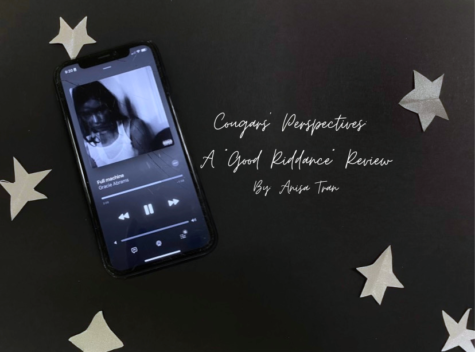Changing attitudes towards volunteering
A lot of students need volunteer hours to accomplish the things they want to do. Clubs require hours for membership and college admissions officers want to see community service on applications.
This changes the attitudes students have toward volunteering and the way they behave themselves while volunteering because students start to see it as a means to an end. Teenagers often volunteer as a way to get ahead for the future.
Helping out in our community turns into just another thing to check off of the list of prerequisites.
My mom teaches in Klein ISD, and every summer I volunteer at her elementary school to get the building ready for the new school year. I hung posters on walls and organized messy classrooms. I helped out because I wanted to give my mom and her co-workers a hand, not because I thought I needed to for college.
Students in my church group have walked door to door collecting canned food for the Houston Food Bank. They might write those hours on college applications, but they had other reasons for volunteering, too. My church group chose to use their time because it benefited other people, by giving food to those who needed it.
We should remember that helping others by volunteering impacts more than our personal goals. When we spend time volunteering, we touch people’s lives. People say our consideration of others and effort given to their causes gives them hope for the future. Our actions help people see the good in the world.
People sometimes volunteer to help others because they think it benefits themselves, instead of thinking about how it affects those they are helping. This changes students’ attitudes for the worse, and those who they volunteer for can see the difference in their demeanor.
Students should think about their reasons for volunteering before they donate their time, because if it’s just a point on the to-do list, the good work loses meaning.





